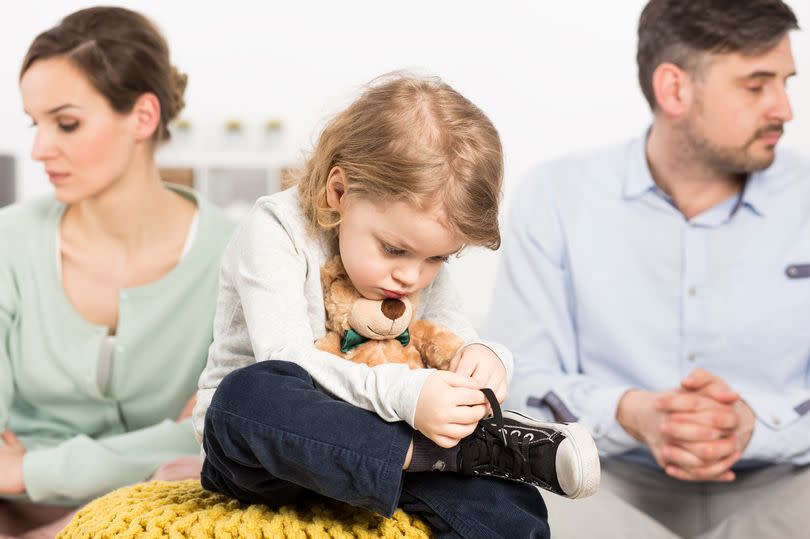Homeless family left living in Middlesbrough B&B as temporary accommodation figures rise

The number of households living in B&Bs in Teesside is on the rise, but is yet to reach pandemic levels.
Households deemed to be homeless and in need of accommodation from local authorities can find themselves temporarily housed in B&Bs. That happened to 79 households in our region in the last three months of 2023, according to the latest data from the Department for Levelling Up, Housing and Communities.
That’s up from 42 between July and September, and up from 27 in the last three months of 2022. It is, however, still lower than the peak of 107 households in the last three months of 2020.
READ MORE: Appeal lodged after 'irresponsible' corner shop stripped of licence for 'illegal' trading
READ MORE: 'Big hotel groups' eye up decaying Crown pub
Only one of the households being housed in B&Bs in Teesside had children, according to the data from the DLHC. That family was in Middlesbrough.
Some families who find themselves being housed in B&Bs can be in there for over six weeks. The family in Middlesbrough hasn’t been there for that long, at the time the data was published, but not all families in England are so fortunate.
In the last three months of 2023, a total of 2,960 families with children had been housed in B&Bs for over six weeks across England. That’s an increase of 84% compared to the same time last year, when there were 1,610 such families.
However, it’s a 1,750% increase compared to when the Tories came to power. Back in May 2010, just 160 families with children found themselves living in a B&B for over six weeks, almost 19 times fewer than in the most recent quarter.
Since 2019, there have been just two families in B&Bs for over six weeks on Teesside - one in the last four months of 2020, and one in the first three months of 2022.
Polly Neate, chief executive of Shelter, said: “The government cannot stand idly by while a generation of children have their lives blighted by homelessness. Decades of failure to build enough genuinely affordable social homes has left families struggling to cobble together extortionate sums every month to keep a roof over their heads. Those who can’t afford private rents are being thrown into homelessness and then left for months and even years in damaging temporary accommodation because there is nowhere else.
“With a General Election approaching, it’s time for all politicians to show voters they are serious about ending the housing emergency. To dramatically reduce homelessness, we need every party to commit to building 90,000 social homes a year for ten years, and an overhaul of the Renters (Reform) Bill so that it delivers genuine safety and security for private renters.”
A Department for Levelling Up, Housing and Communities spokesperson said: “We want everyone to have a safe place to call home, which is why we’re giving councils £1.2 billion so that they can give financial support to those who need it, helping them to find a new home and move out of temporary accommodation. At the same time, we’ve boosted the local housing allowance, giving the 1.6 million private renters in receipt of housing benefit or universal credit an additional £800 to help towards rental costs.
“The government is providing total support of £104 billion over 2022-2025 – an average of £3,700 per UK household - to help households with the high cost of living.”

 Yahoo News
Yahoo News 
